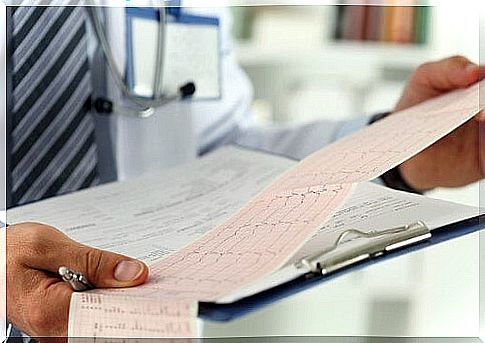The Influence Of Alcohol On The Heart – Truths And Myths

There is currently some confusion about the effects of alcohol on the heart. There is information to suggest that moderate drinking of wine or beer contributes to cardiovascular health. At the same time, there are studies that talk about the harmful effects of this type of drink on the heart.
In fact, both opinions are true. The effects of alcohol on the heart vary widely. It depends on the health condition of each person, the amount and frequency of consumption, and the type of alcohol consumed.
Either way, there is something that is beyond dispute. The effects of alcohol on the heart and other organs are very negative and even devastating when consumed in large amounts. Moreover, it is a psychoactive substance and as such it can cause addiction and significantly reduce the quality of life.
The Effects of Alcohol on the Heart – Truths and Myths
There is some evidence that the effects of alcohol on the heart can be positive. For example, wine is high in antioxidants (flavonoids, tannins, anthocyanins, and resveratrol). These substances help to prevent plaque formation in the arteries (atherosclerosis). Likewise, they also promote the production of “good cholesterol”.

It is said that drinking a glass of wine a day can have these positive effects. However, a study published in the Journal of the American College of Cardiology highlights an important detail. It notes that these positive effects are actually happening.
However, it’s also true that alcohol consumption, even in moderation, increases the risk of an irregular heartbeat.
Another study by Professor Peter Kistler of the Baker IDI Heart and Diabetes Institute and Alfred Hospital in Melbourne, Australia, points to the same. Indicates that moderate alcohol consumption can help keep your body’s “pipes” clean.
However, it can also affect the “electrical” functions of the heart, in particular the rhythm of the heartbeat.
Drinking moderately and drinking too much
Much has been said about the importance of drinking alcohol in moderation, and yet it is not clear what is moderate and what is excessive drinking. Accordingly, the first thing that should be taken into account is the state of health of each person. For example, a person with diabetes or high blood pressure should avoid alcohol, even in moderate amounts.
On the other hand, the frequency of alcohol consumption also has a great influence. It is much more harmful to drink alcohol in large amounts, even if it is done only on a special occasion. Drinking more than five drinks for men, or four for women, increases the risk of stroke and sudden death.
The US Department of Health’s dietary guidelines state that moderate consumption is a maximum of one drink a day for women and two for men. However, a large number of experts indicate that it is best not to drink every day, but to avoid alcohol two or three days a week.
Atrial fibrillation
There are some risks associated with alcohol consumption, even in moderate amounts. The point is that this substance contributes to the irregular heartbeat, as we noted earlier. Alcohol can damage the cells of the heart and cause fibrous tissue to build up in the heart, changing its rhythm.

Likewise, alcohol can change the way the heart cells contract and over time lead to an irregular heartbeat. In the same way, it affects the autonomic nervous system, which controls, among other things, the rhythm of the heartbeat.
This condition, called atrial fibrillation, increases your risk of serious problems such as heart failure or stroke. It occurs in some people who drink moderately or frequently and in 60% of people who abuse alcohol.
Other effects alcohol can cause on your heart
In some people, excessive alcohol consumption can weaken the heart muscle and lead to a condition known as dilated cardiomyopathy. In this case, the heart expands and its pumping power decreases, causing symptoms of heart failure.
In addition, alcohol also contributes to obesity, and obesity increases the risk of heart problems. Similarly, frequent and excessive alcohol consumption doubles the risk of developing high blood pressure. The combination of alcohol and psychotropic drugs, however, can be fatal.









